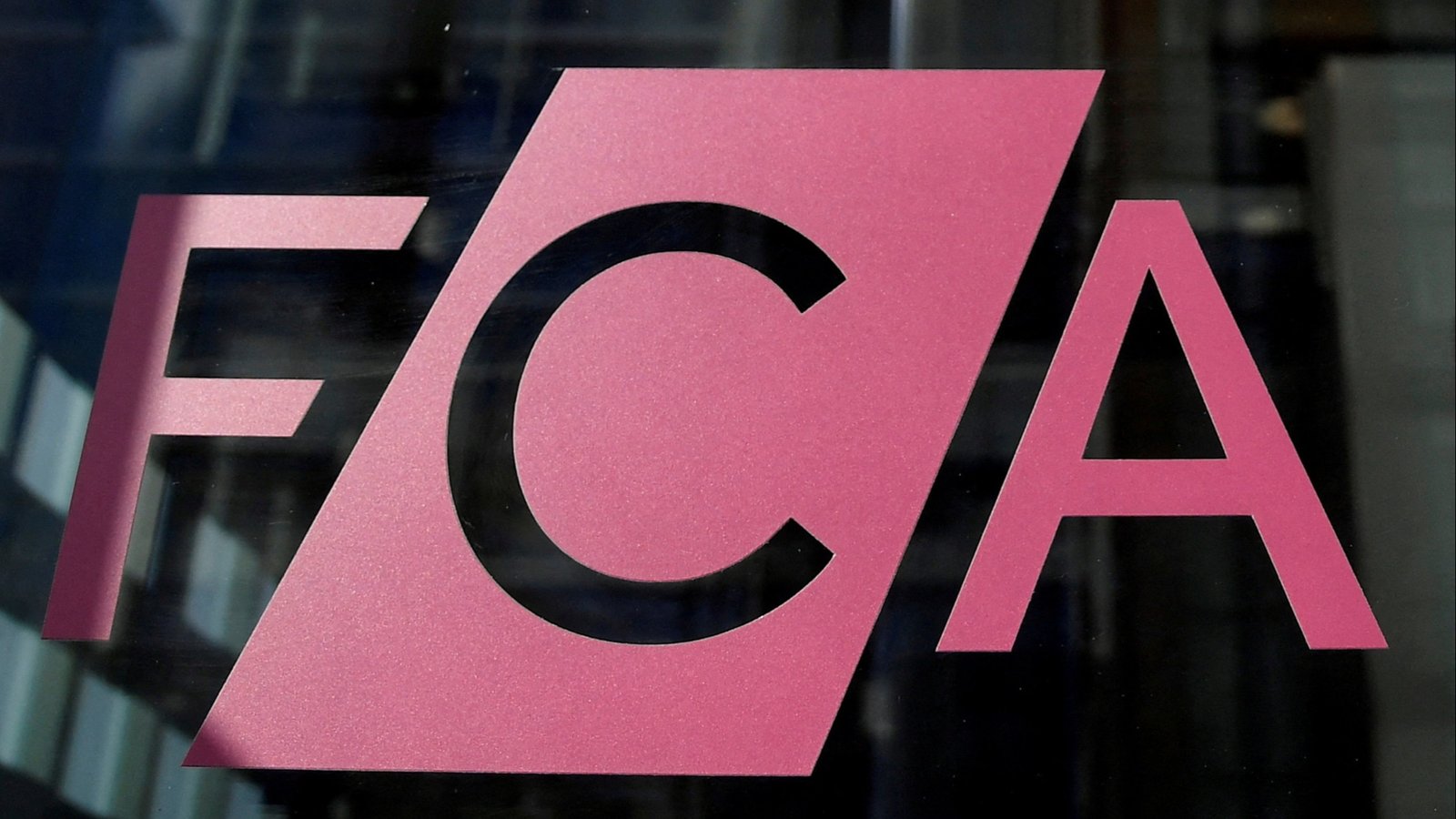The Financial Conduct Authority’s targeted support proposals must be part of a broader pipeline of support but it will help savers make better informed financial decisions, the industry has said.
The FCA’s proposals would allow firms to offer a new type of help called ‘targeted support’ and make suggestions to groups of consumers with common characteristics.
These could include people who may be currently drawing down on their pension unsustainably, not saving enough for retirement or who have excess cash sitting in a current account.
Tom Selby, director of public policy at AJ Bell, said: “The existing regulatory framework makes it difficult for firms to offer anything beyond relatively basic information to non-advised customers without risking straying over the boundary from guidance to advice.
“This means millions of people who don’t take regulated advice are essentially left to make often complex retirement decisions on an island, without receiving the help they require.”
Data from the FCA has shown three-quarters of over-45s having no clear plan about how to take money from their retirement pot and only one in 10 people receive regulated advice.
“The temptation to stick your head in the sand when it comes to pensions in particular — the so-called ‘Ostrich effect’ — risks leaving millions of Brits facing a disastrous income shortfall when they reach retirement,” he said.
“Regulated advice remains the gold standard but the proposal to create a new ‘targeted support’ regime allowing more personal help to be provided for free could be a game-changer for consumers, potentially helping millions of savers make better-informed decisions about their finances.”
Likewise, Holly Mackay, CEO at Boring Money, also described targeted support as “a game-changer”.
Boring Money’s recent consumer research found targeted support has the potential to lift nearly 6mn adults out of the advice gap, appealing most to those aged 35 to 54 who are largely priced out of advice today.
“Despite the inevitable complexities of delivery, I think this is fantastic progress for consumers and empowers the industry to do more to help the millions of people struggling along on their own,” she said.
Stephen Lowe, group communications director at Just Group, said targeted support was “a once in a decade” opportunity to transform the help people receive.
“The proposals could mark the breakthrough required to reverse the current situation whereby many more people are going it alone than are seeking advice or guidance.”
How to use the targeted support
The FCA has outlined a number of examples where targeted support could be used, including:
-
Consumers under-saving for retirement: Currently firms can warn a consumer that they may be under-saving for retirement. Under targeted support, a firm could suggest an alternative pension contribution rate
-
Consumers who are investing in an expensive fund when a cheaper alternative is available: Currently firms can inform consumers that there are alternative products with lower charges. Under targeted support, a firm could suggest a particular fund which would offer better value.
-
Consumers drawing down their pension unsustainably: Currently firms can warn a consumer that they may be drawing down their pension unsustainably. Under targeted support, a firm could suggest an alternative drawdown rate.
St James’s Place said a key area will be whether consumers understand where the responsibility for the decision lies.
“With targeted support, unlike advice, it sits with the consumer,” according to James Heal, director of public policy at St. James’s Place.
“It is crucial they understand this distinction, as well as the nature of the decision they are making. Good quality consumer testing will be vital.”
He also explained targeted support is not a “silver bullet” and it must be part of a broader pipeline of support.
“This includes guidance, life-stage-relevant financial education, targeted support itself, simplified advice, and ultimately holistic financial planning,” he said.
“Consumers must be able to move seamlessly between these forms of support when needed.”
He added: “The quality of engagement and consultation from the FCA on this topic has been exemplary and the development of targeted support is a positive step forward, offering greater opportunity for more people to engage confidently with investing.”
Bridging the gap
Recent research from Fidelity revealed how UK investors are turning to internet searches, financial influencers and AI tools like ChatGPT for investment advice.
According to the study, two-fifths (40 per cent) of UK investors have used social media to inform their financial decisions over the past two years.
James Carter, head of platform policy at Fidelity International, said: “From influencers to AI and social media, the risk of relying on non-authorised sources is real and could result in poor financial decisions. I’m beginning to hear more and stories of people using ChatGPT to make conclusive decisions about their financial futures.
“That’s why we welcome efforts by the FCA and government to close the advice gap and are very excited by the opportunity the proposed targeted support regime offers.
“This will allow flexibility for providers to engage customers at relevant points in their journey, offer suggested courses of action and support both better decision making and avoiding of a wide range of harmful actions and inaction.”
Meanwhile, Steven Cameron, pensions director at Aegon, said for many years, bridging the gap between those who benefit from advice and those who do not has looked “insurmountable”.
“Time will tell if targeted support delivers a ‘giant leap’, but it certainly has the potential to be far more than ‘one small step’ for the non-advised,” he said.
“Targeted support will never offer the personalised recommendations of holistic advice, and every effort should be made to grow the advised population including further consideration around simplified advice.
“But alongside this, targeted support has a pivotal role to play in offering a more personalised form of guidance for those who can’t or won’t seek financial advice. For many, it could be a valuable stepping stone towards seeking full holistic advice at a later life-stage.”
The FCA and government are also hoping targeted support will encourage those with ‘too much’ in cash to invest some of the excess and to boost UK economic growth.
“While we expect the government’s pension adequacy review to commence shortly, it’s unlikely we’ll see increases in auto-enrolment minimum contribution rates any time soon,” he said.
“In the meantime, targeted support could play a key role in helping people understand what ‘adequacy’ means for people like them, potentially leading to voluntary increases in pension contributions.”
Additionally, the pension schemes bill is placing a new requirement on schemes to design ‘default pension benefit solutions’ for members who don’t engage with their own retirement income choices.
“This will be challenging, with different default solutions likely needed for different groups of members.
“Targeted support could help here, offering insights into how to develop tailored suggestions for groups of customers with common characteristics.
“This latest consultation provides an opportunity to address outstanding issues to make sure targeted support doesn’t fall at the last hurdle.
“Some aspects such as the rules on defining customer segments or monitoring improved outcomes for customer groups, are within the FCA’s full control. While consumers must have adequate protection, unnecessarily onerous regulations could limit supply and there’s detail to study here.”
sonia.rach@ft.com










